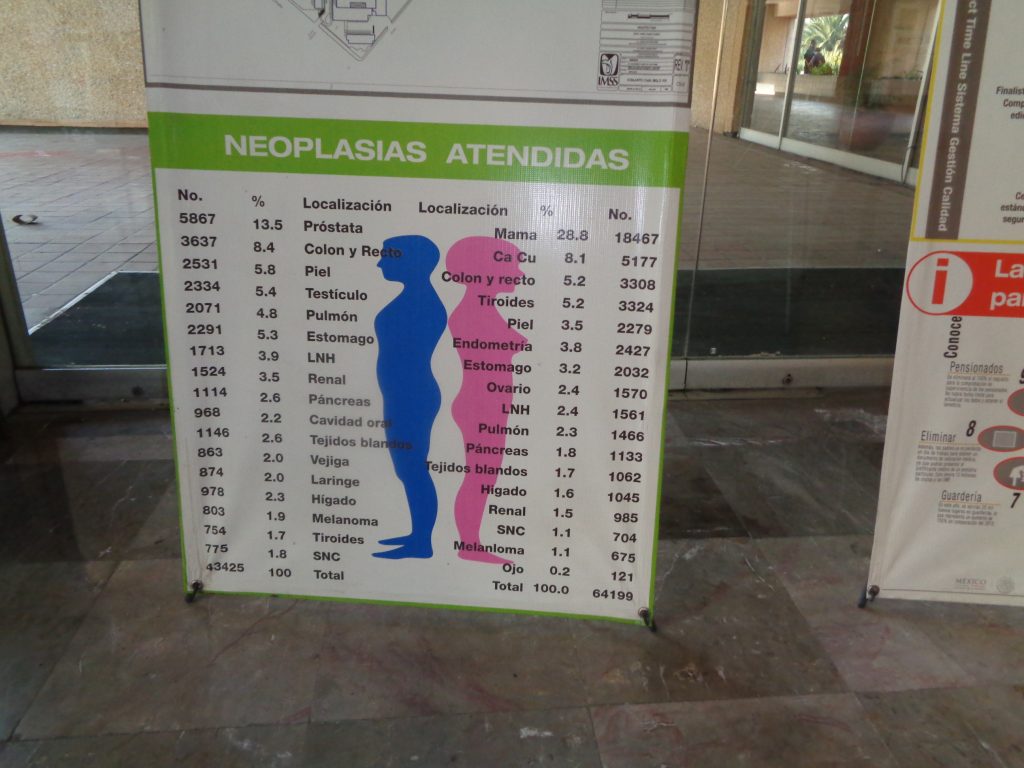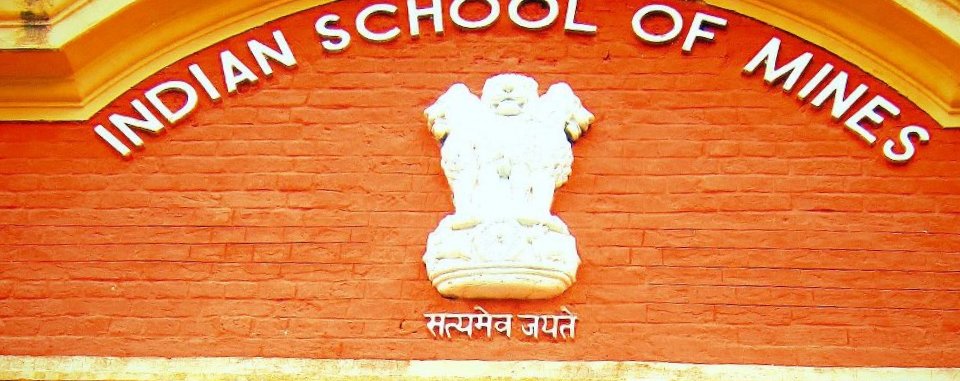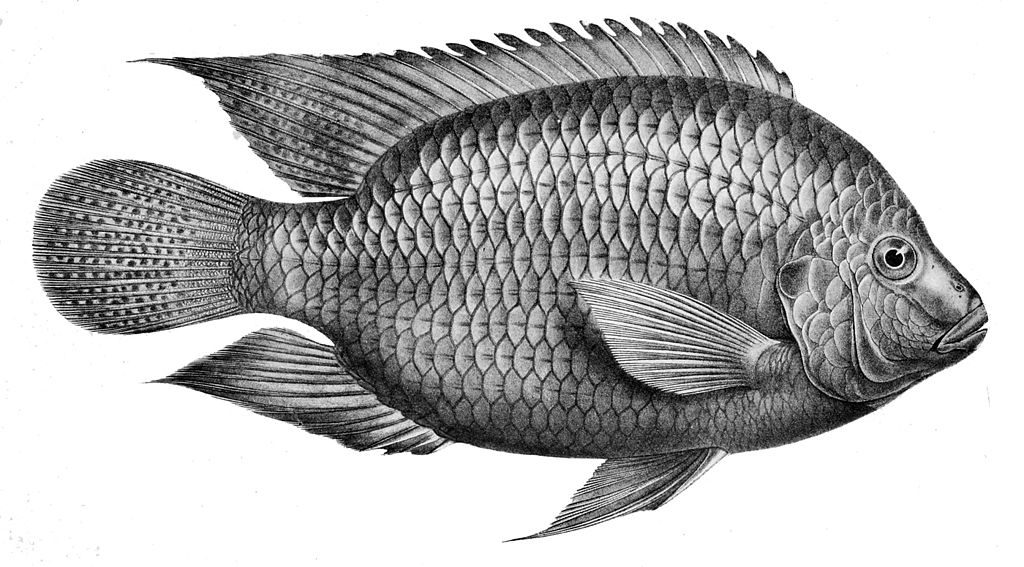
Before we present this week’s Weekend Reads, a question: Do you enjoy our weekly roundup? If so, we could really use your help. Would you consider a tax-deductible donation to support Weekend Reads, and our daily work? Thanks in advance.
The week at Retraction Watch featured retractions and expressions of concern for a prominent cancer researcher; retractions for a deceased star researcher at Stanford; and a new director for a U.S. government watchdog. Here’s what was happening elsewhere:
Continue reading Weekend reads: Researcher resigns following questions about ties to China; grad student’s suicide sparks misconduct investigation; study of chronic fatigue syndrome corrected





